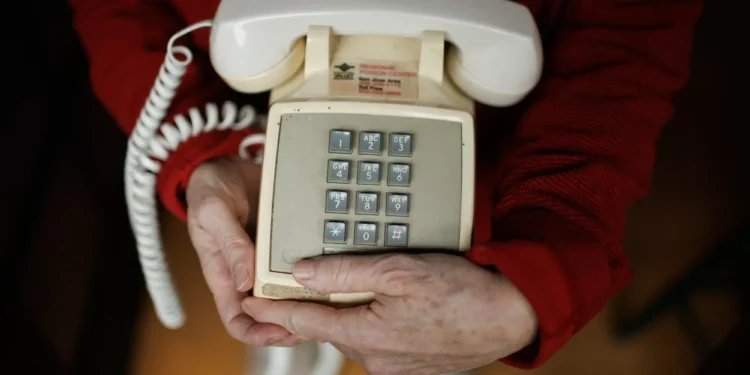The California Public Utilities Commission (CPUC) has recently released a proposal that has sparked an outcry from customers across the state. The proposal is to reject AT&T’s application to remove itself as a carrier of last resort. This decision has been met with widespread support, especially from customers in Santa Cruz County.
AT&T’s application to remove itself as a carrier of last resort has been met with strong opposition from customers who rely on their services. The proposal, if approved, would allow AT&T to no longer be responsible for providing basic phone services to customers in areas where they are the only provider. This would leave many customers without access to essential communication services.
The CPUC’s decision to reject AT&T’s application is a victory for customers who have been vocal about their concerns. Many customers in Santa Cruz County have expressed their worries about losing access to basic phone services, especially in times of emergencies. With the recent wildfires and power outages in California, reliable communication services are crucial for the safety and well-being of residents.
The proposal has also faced criticism for potentially widening the digital divide in the state. In rural areas, where AT&T is often the only provider, customers may be left without any options for basic phone services. This could also have a negative impact on small businesses and farmers who rely on these services for their daily operations.
The CPUC’s decision to reject AT&T’s application is a testament to their commitment to protecting the interests of customers. The commission has stated that they will not approve any changes that would leave customers without access to basic phone services. This decision aligns with the CPUC’s mission to ensure that all Californians have access to safe, reliable, and affordable utility services.
The proposal has also faced opposition from various organizations, including the California Emerging Technology Fund, which advocates for digital equity in the state. They have raised concerns about the potential impact on low-income and marginalized communities who may not have access to other communication options.
AT&T has defended their application, stating that they are facing financial challenges in providing basic phone services. However, the CPUC has stated that the company has not provided enough evidence to support their claims. The commission has also noted that AT&T has not exhausted all options to address their financial concerns, such as seeking alternative funding sources.
The rejection of AT&T’s application is a win for customers and a step towards ensuring that all Californians have access to essential communication services. The CPUC’s decision sends a strong message to other telecommunication companies that they must prioritize the needs of their customers.
In Santa Cruz County, where many residents rely on AT&T for basic phone services, the news of the proposal’s rejection has been met with relief and gratitude. Customers have expressed their appreciation for the CPUC’s decision, which will ensure that they can continue to rely on AT&T for their communication needs.
The CPUC’s proposal to reject AT&T’s application has also highlighted the need for stronger regulations to protect customers’ interests. The commission has stated that they will be reviewing their policies to ensure that telecommunication companies are held accountable for providing essential services to their customers.
In conclusion, the CPUC’s proposal to reject AT&T’s application to remove itself as a carrier of last resort has been met with widespread support from customers across the state, especially in Santa Cruz County. The decision reflects the commission’s commitment to protecting the interests of customers and ensuring that all Californians have access to reliable and affordable communication services. This is a positive step towards bridging the digital divide and promoting digital equity in the state.






